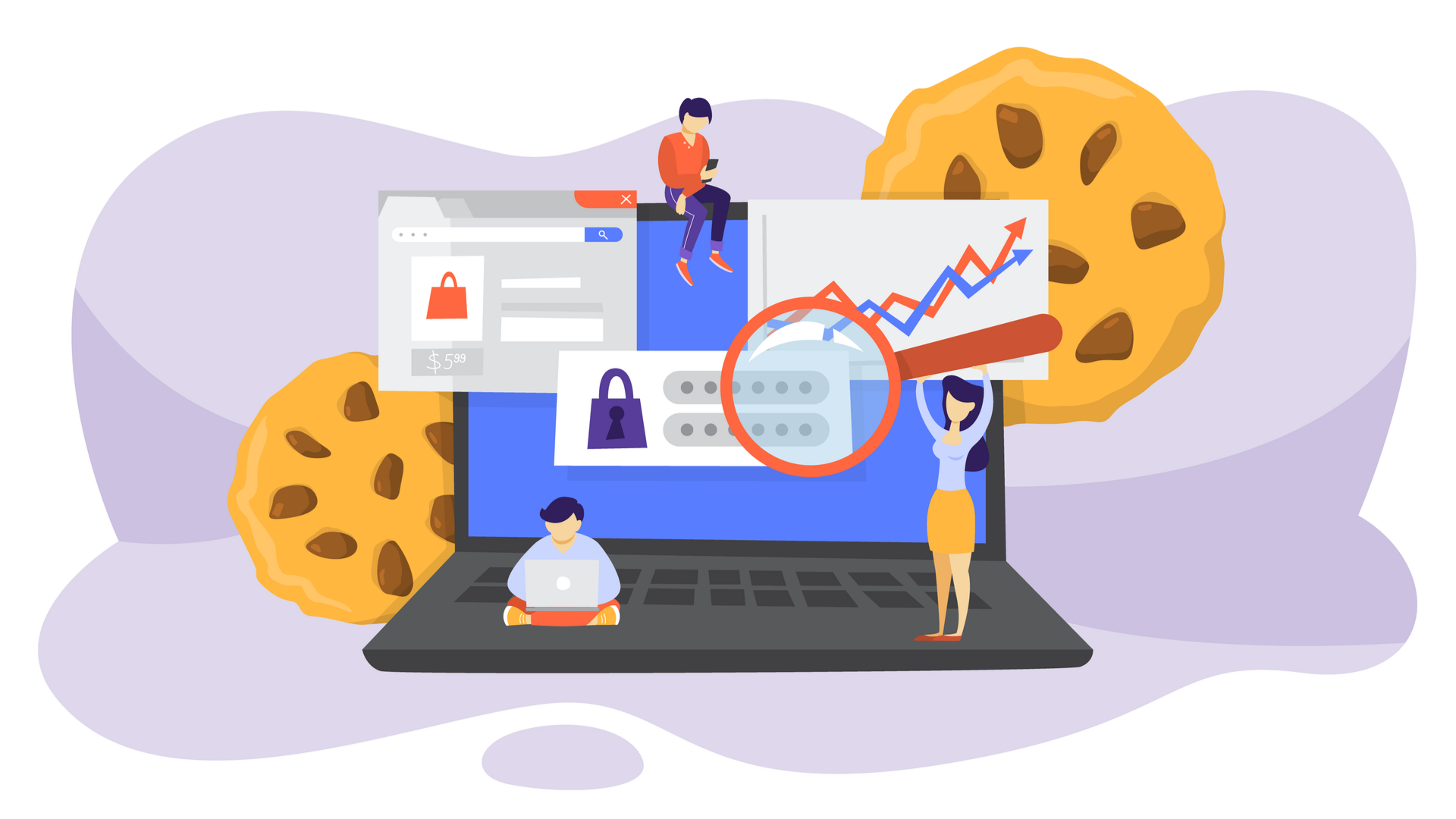When you purchase through links on our site, we may earn an affiliate commission.Heres how it works.
So far so good, on paper at least.
Let’s see what this means for your privacy.

Awebcookieis a tiny snippet of code that gets stored on your online window every time you access a website.
Advertisers used the latter throw in to tailor the ads you see online.
Check ourexplainer on web trackersto know more.
So, how does Google’s Protected Audience API promises to protect your online privacy?
Traditionally, advertisers used to track you all around the web to understand your interests via your online behaviors.
That’s exactly where AdGuard feels there’s an intrinsic issue with Google’s new ad system.
“But, in reality, we get only a slightly more private alternative to cookies.”
Third-party cookies is a subtype of cookies used for tracking you across the websites.
Chrome, unlike most browsers, still hasn’t disabled them.
Appleopened the path in this direction with its so-called Private Click Measurement onSafari, now known asUIEventAttributionView.
The solution takes the form of a Webkit development to enable “privacy-friendly tracking.”
The web online window is now the center of the ecosystem, in fact.
The team is also working on further ways tosafely deactivate the APIand educate users about its risks.
The provider even put together ademo siteto better illustrate its concerns.